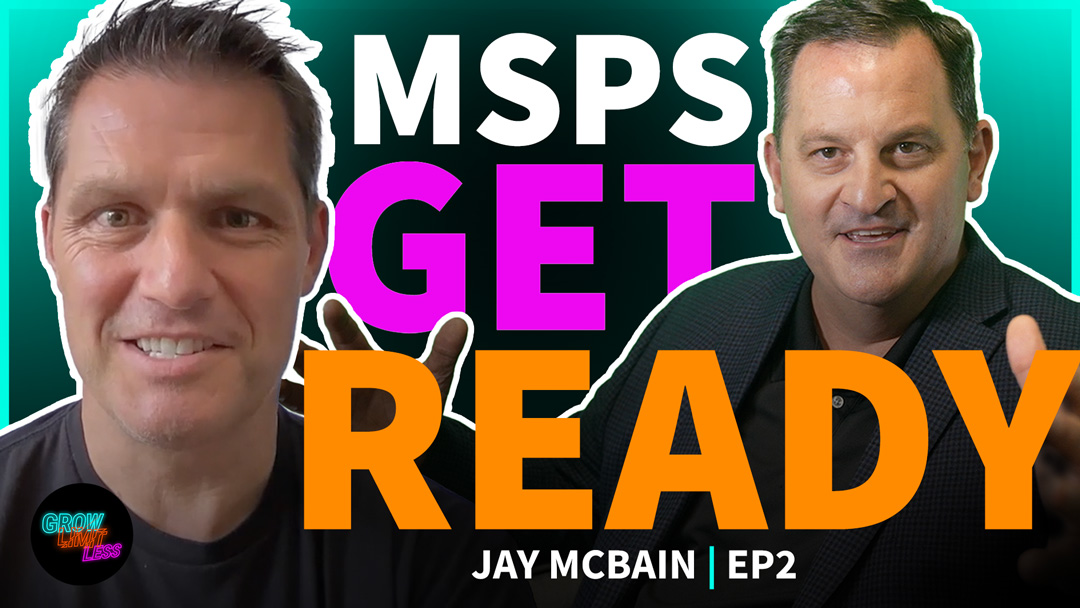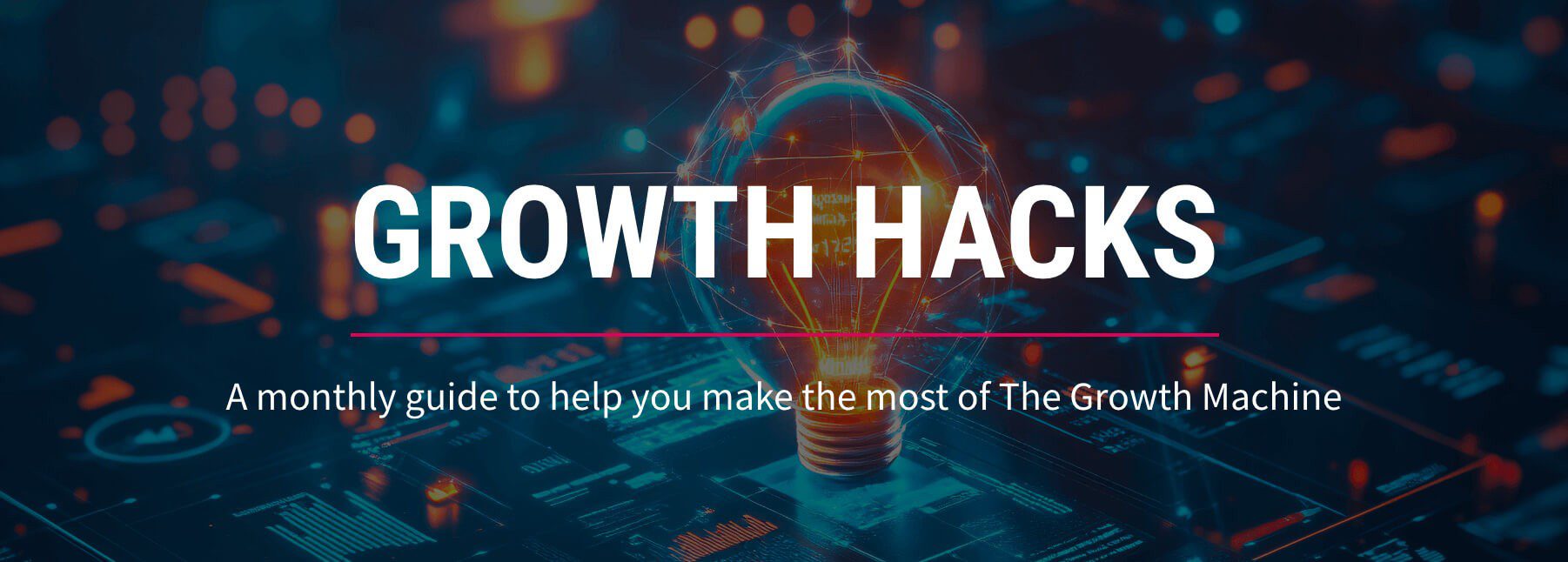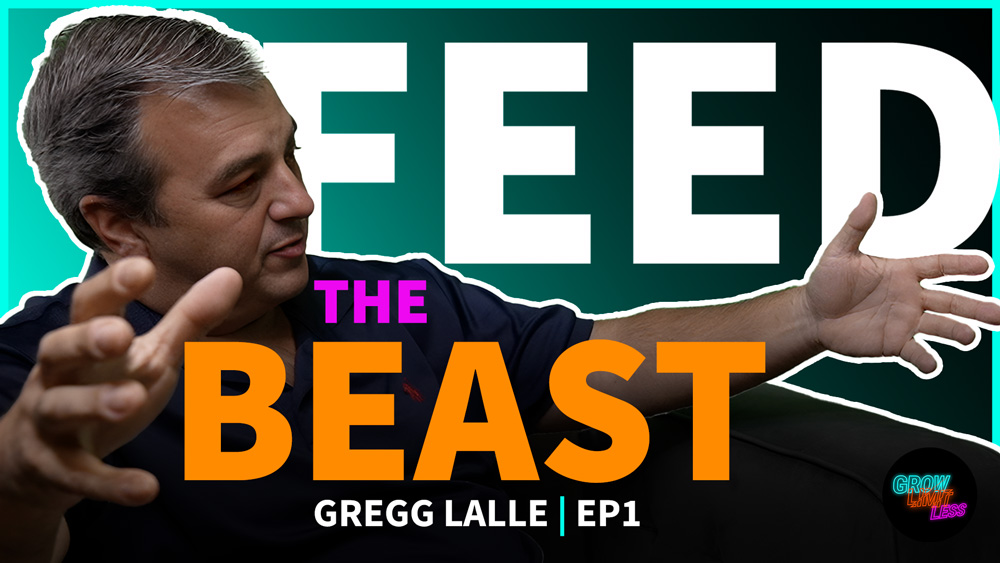
Bow and arrow. Needle and thread. Pen and paper. These are renowned tools that work well in sync.
Wine and cheese. Oreos and milk. Even peanut butter and jelly! These are all appetizing combinations that make us feel good.
All of these items complement each other so well.
In the world of marketing, we have a lesser known, but equally prominent and tantalizing combination of SEO and SEM. It’s a recipe for measured results. And, it also satisfies our appetite for success.
So, what exactly can SEO and SEM do for your business?
One of the major benefits of this dynamic duo is that it can increase traffic and bring qualified leads to your business through your company’s website.
SEO, SEM Rule!
If your company is on the fence or hasn’t yet delved into SEO and SEM, here are some quick hits that can help you better understand the similarities and differences between the two:
• SEO stands for Search Engine Optimization.
• SEO is the process in which popular keywords and phrases are used to increase a website’s ranking on a Search Engine Results Page (SERP) at no cost. You may hear the term “organic search” associated with SEO.
• SEM stands for Search Engine Marketing.
• SEM is a form of Internet marketing that promotes your website via paid advertising and keyword optimization. This process requires paying a fee to guarantee your website ranks on SERPs. You may hear the terms “paid search,” “pay per click (PPC)” or AdWords associated with SEM.
• SEO and SEM are similar, too. Both use keywords or key phrases to boost page rankings on SERPs. However, they should be used to complement one another, not to replace the other.
• SEO and SEM both require strategic research in order to figure out how each will best benefit your business.
• SEO keywords are more general. They are used mostly by those who are looking for answers to questions, doing research, or trying to learn more about a product or service. Whereas, SEM keywords are highly specific and are used primarily by those who are ready to purchase a product or service.
• SEO is free and organic. It can take days, weeks or even months to begin seeing positive results.
• SEM is a form of paid advertising. The results are almost immediate!
• For SEM, you set a budget for your PPC advertising so you only spend a certain amount daily. You also set specific time periods throughout the day for your PPC keywords.
• With a set budget for your PPC advertising, SEO now comes in handy. If your PPC budget gets used up for the day, your SEO still keeps your website ranked on SERPs.
• SEM strengthens your SEO strategy. Reviewing PPC data lets you see which keywords and terms are providing the most conversions. This allows you to determine which keywords are best for your website’s title tags, Meta tags and content keywords. It gives you a better chance to raise your organic search rankings.
• SEO and SEM increase traffic to your website. If your site is one of the first links on a SERP, then you get more traffic than if it’s listed four pages back.
• Another plus for PPC advertising is that your website can get listed at the top or along the right side of a SERP. This lifts the prospect of someone visiting your site.
To do SEO and SEM right, it takes time and dedication. It’s not a one-time process. Each needs attention daily to monitor trends and statistics.
So, as SEO and SEM become more and more popular for businesses to practice, it’s crucial for you to understand:
• What they do
• Why they are different
• How they work together to benefit your business.
Need to learn more about SEO and SEM? Not sure where to start? Don’t have the necessary time or resources? Let Marketopia unlock the doors to SEO and SEM for you. We can become the key to effectively grow your business!
RECENT POSTS
The Phone Still Closes More Deals Than Your Inbox Ever Will
Why MSPs Need to Reclaim the Power of the Phone in Lead Generation In a world overloaded with emails, ads, and...
Partners Don’t Want Products, They Want Growth
Why Features Alone Don’t Win You the Channel Most MSPs don’t care how technical your product is; they care about if it...
MSPs Get Ready | Jay McBain – EP. 2
Terry Hedden – (00:00) Jay McBain is a visionary in the IT channel. He's one of the people that everyone listens to...










